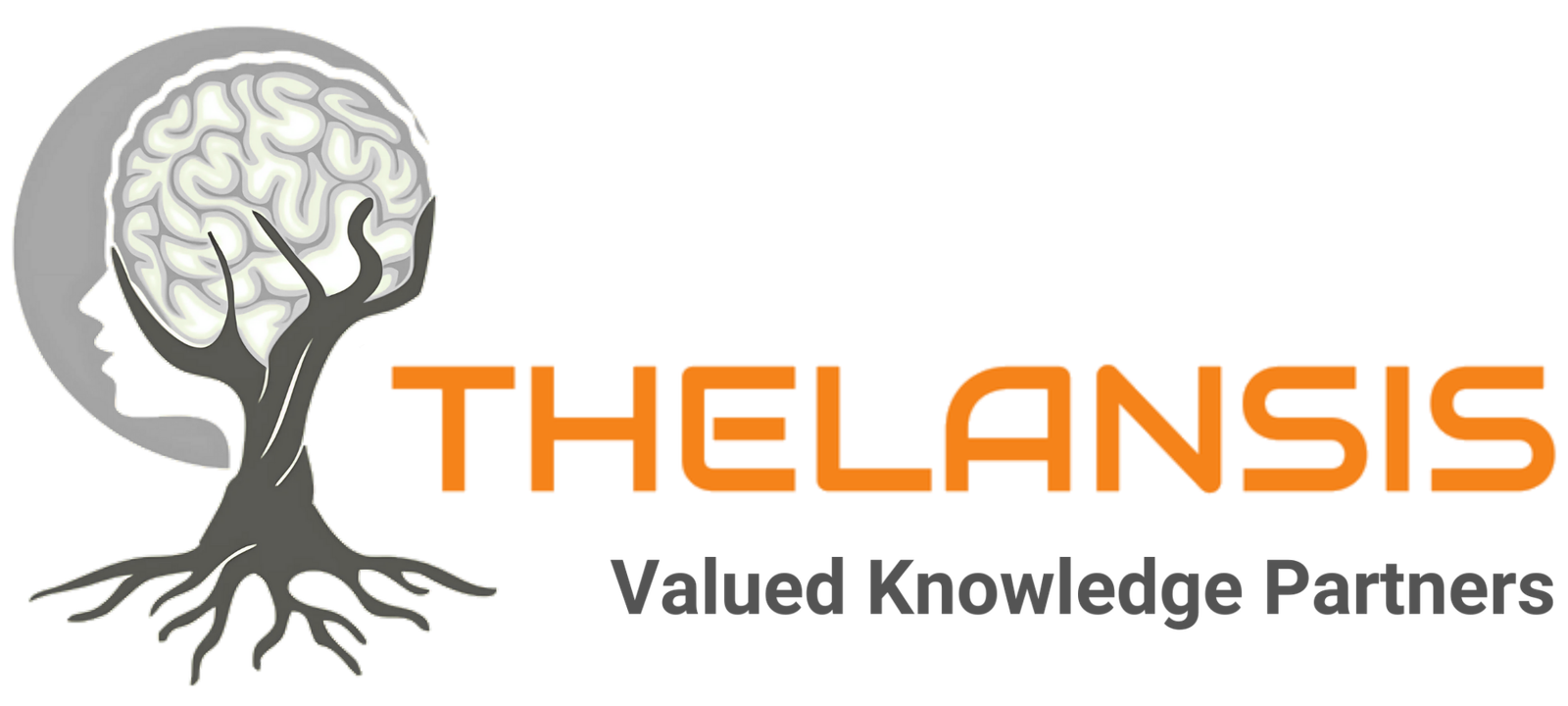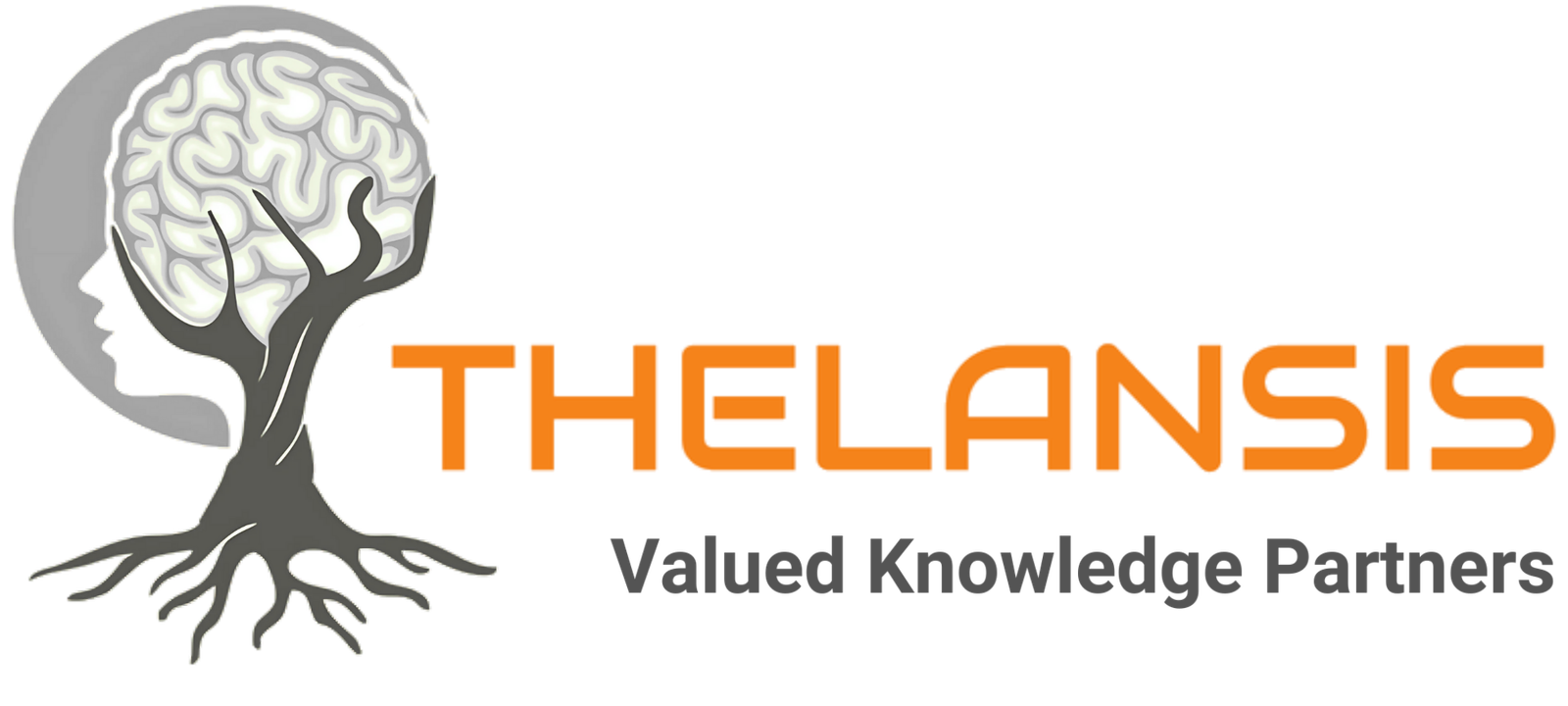
Oct 13 2025
/
From Data to Drug: How AI Transformed Clinical Trial Outcomes
Introduction:
Drug discovery is a complicated, time-intensive, and expensive undertaking, fraught with vast uncertainty. Even with advancements in science and technology, many drug development programs continue to fail, mainly due to safety and efficacy issues. It takes over $2.5 billion and 8 to 10 years of R&D to bring a new drug to market. Yet fewer than 10% of candidates entering Phase 1 clinical trials ultimately receive FDA approval.
Given these challenges, pharmaceutical companies are now pursuing alternative means to enhance the success rate and effectiveness of clinical trials. One such opportunity lies in using Artificial Intelligence (AI) to accelerate timelines, reduce costs, and improve decision-making throughout the trial lifecycle.
Objective:
A leading U.S. based biopharma client intended to minimize the lengthy timelines and high failure rates associated with traditional drug development. The client was interested in understanding how AI could improve the efficiency, speed, and success rate of clinical trials, particularly by optimising patient recruitment, trial design, and outcome predictability.
Approach:
Our team researched and designed a multi-phase AI-driven strategy and subsequently piloted it to test adoption.
Data Integration & Preparation:
- Aggregated and cleaned structured and unstructured data from historical trials, EHRs, claims, genomic databases, trial registries, and RWD to create a unified data environment
Patient Recruitment & Stratification:
- Leveraged NLP (Natural Language Processing) to extract phenotypic and genotypic information from EHRs
- Used predictive analytics to match patients with trial criteria and to identify patient populations with a higher likelihood of response and lower dropout rates
Trial Design Optimization:
- Applied simulated trial scenarios to refine endpoints, dosing schedules, and control group designs
- Utilized reinforcement learning to dynamically update trial parameters based on intermediate data
Monitoring and Early Detection:
- Established real-time monitoring to track adverse events, patient adherence, and safety signals
- Implemented anomaly detection to flag data inconsistencies early and avoid delays in trials
Outcome:
This intervention resulted in 2x increase in trial velocity and a measurable uplift in transition success from Phase 2 to Phase 3, as reported by our client. The integration of AI also enabled more patient-centric trial designs, improving retention and compliance and accelerating the journey from molecule to medicine.

